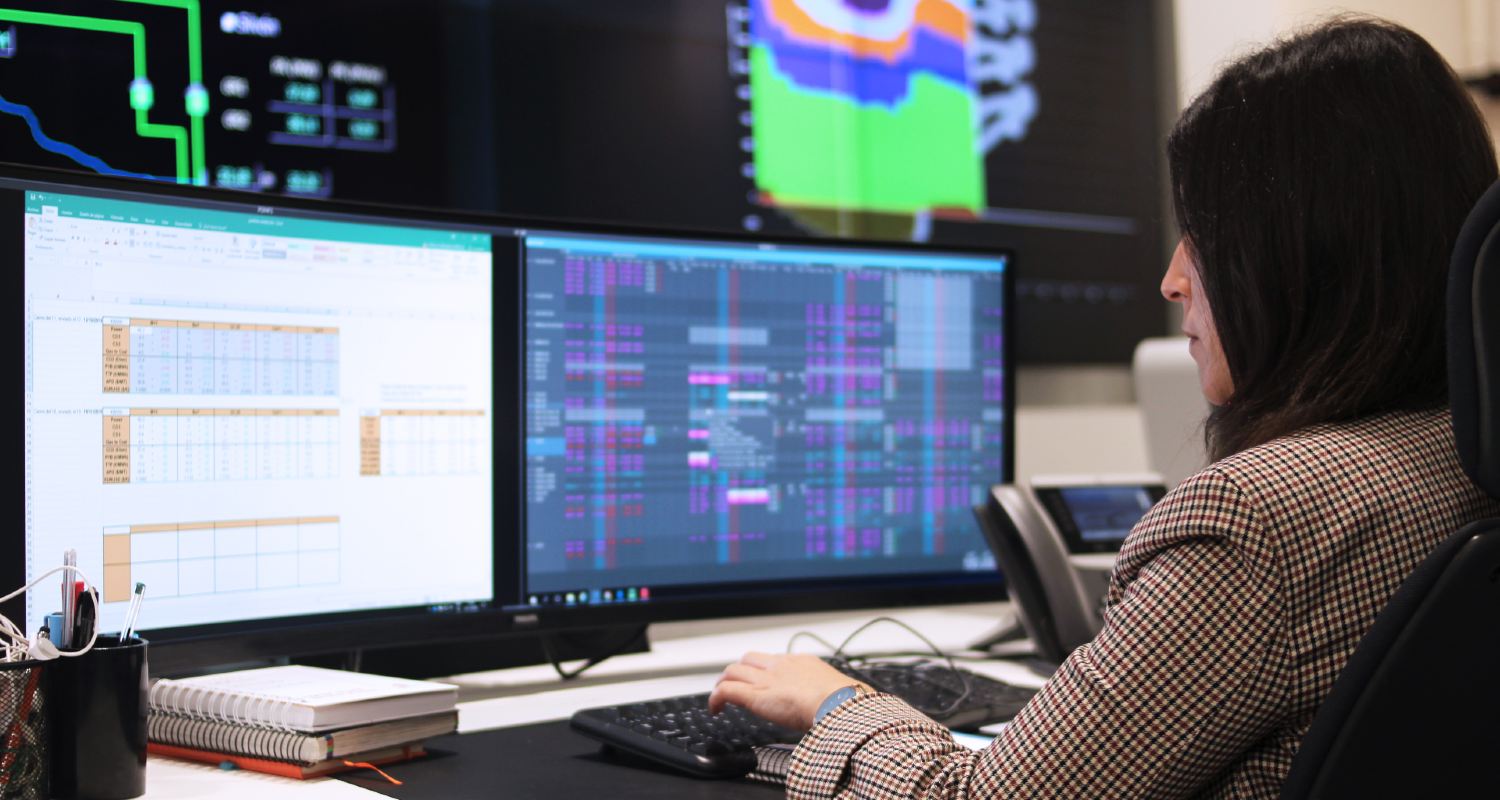
Disruptive technologies: what they are, benefits, and examples
Disruptive technologies: what they are, benefits, and examples
Breakthroughs that change our lives
Reading time: 11 min
The wheel, the light bulb, and the cellphone are three examples of disruptive technologies. At the time, these innovations caused a profound break with previous patterns, bringing about major changes in people's lives.
For this to happen, disruptive companies adopt business models that allow them to innovate in the market. That's why one of their most valuable assets is their Research and Development (R&D) department, a division that aims to develop new products or improve existing ones in order to cover a need in society.
What are disruptive technologies?
What are disruptive technologies?
Disruptive technology is an innovation that significantly alters established industries and markets, creating new sectors and business models. An innovation that radically changes the way the market is structured and how products and services are consumed.
Harvard Business School professor and business consultant, Clayton Christensen, coined the term “disruptive innovation” in the magazine Harvard Business Review back in 1995.
For Christensen, technology that causes a relevant change and abruptly interrupts the way in which industries, companies, and consumers operate constitutes a disruptive innovation. This process represents a period of adaption such as what we are experiencing with the Fourth Industrial Revolution, marked by digitalization and emerging technological advances.
A good example is personal computers, as the technological advancement in this field shows clear disruptive elements. If we take a look back, we see how computers completely transformed our way of studying, working, and spending leisure time. Schools and families wanted to buy a computer, increasing demand, and as a result, the typewriter began to fall into disuse, thus producing notable changes in the market.
How to implement disruptive technologies in a company
How to implement disruptive technologies in a company
Implementing disruptive technologies in a company requires a strategic approach and careful planning. Here are some steps to carry out this process:
- Identify opportunities for disruptive innovations:
The first step is to identify areas within your company where disruptive technologies can have a significant impact. This could include improving internal processes, creating new products or services, optimizing the customer experience, among others. - Research and explore:
Stay up-to-date on emerging technology trends. This involves researching and exploring new technologies, attending conferences, participating in discussion groups, and collaborating with startups. - Set clear objectives:
Define specific objectives that you want to achieve with the implementation of disruptive technologies. These objectives should be measurable and aligned with the company's overall strategy. - Develop and action plan:
Create a detailed plan that includes the selection of specific technologies, timelines, required resources, and responsibilities. - Staff training:
Provide training and professional development to your staff so that they can effectively use and leverage new technologies. - Measure and evaluate:
Establish metrics and KPIs (Key Performance Indicators) to measure the success of the implementation. Constantly monitor and adjust your strategy as needed. - Iterate and improve:
Disruptive innovation is a continuous process. As technologies and business needs evolve, be flexible and be willing to reinvent yourself and constantly improve.
Benefits of disruptive technologies in society
Benefits of disruptive technologies in society
Disruptive technologies offer a variety of significant benefits that can transform industries and improve people's quality of life. Here are some of the main benefits of these innovations:
- Innovation and Creation of New Markets: Disruptive technologies foster the creation of innovative products and services that did not exist before. This can open up new business opportunities and generate economic growth. It also allows new and emerging companies to compete with established giants, which promotes greater innovation and improvement in the products and services offered.
- Efficiency and Productivity: The adoption of technologies such as artificial intelligence and robotics can automate repetitive tasks, freeing up human resources for more complex and creative tasks. It can also optimize processes and reduce operating costs, making companies more efficient and profitable.
- Improved Quality of Life: The use of disruptive technologies in the medical field, such as biotechnology and telemedicine, improve the diagnosis, treatment, and monitoring of diseases, increasing life expectancy and quality of life.
- Digital Transformation and Adaptability: The adoption of disruptive technologies in companies facilitates smart working, improving work-life balance and increasing employee satisfaction.
On the other hand, companies and individuals that adopt these innovations can better adapt to changes in market and economic conditions and remain competitive in a global environment.
Examples of disruptive technologies
Examples of disruptive technologies
For a technology to be considered disruptive it has to modify a habit or behavior and be accessible to the majority of the population. Many of them are closely related to the so-called professions of the future. Let’s find out some characteristics of the current disruptive technologies.














